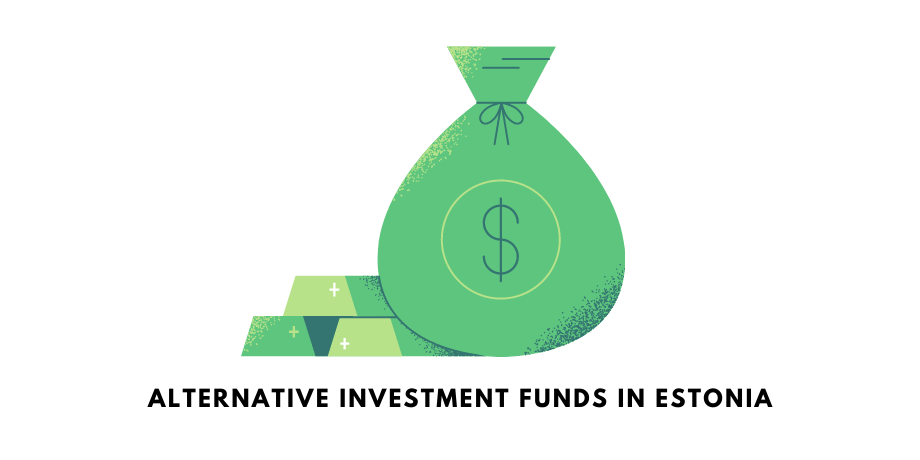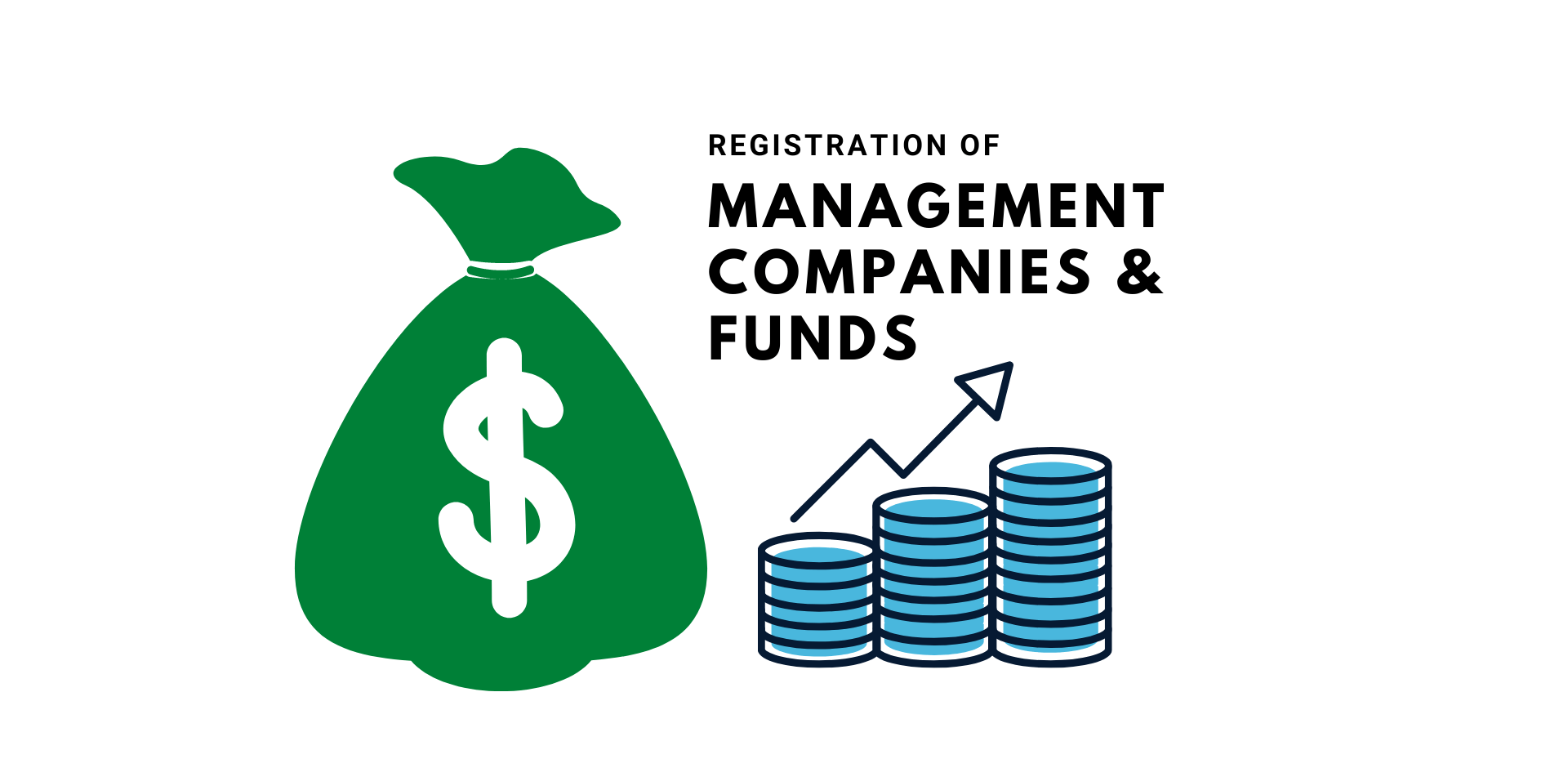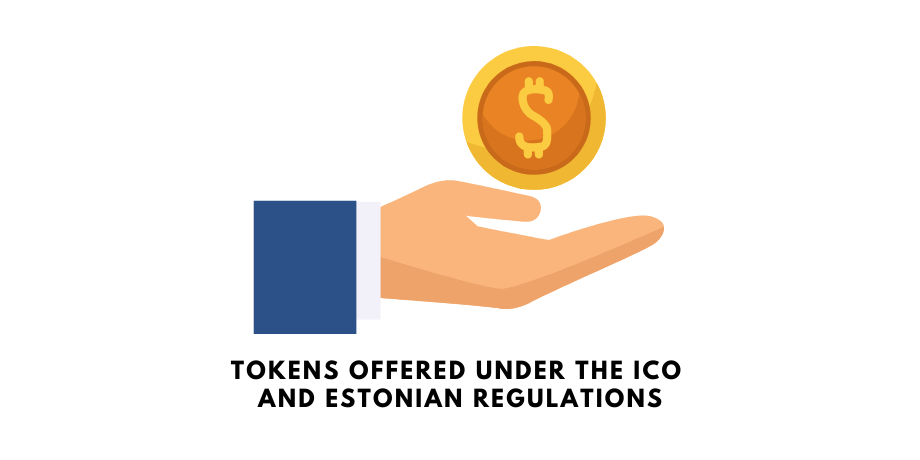The Prospectus Directive and Regulation in the EU
This article contains the information on the Prospectus Directive and Regulation in the EU, which are important regulatory instruments designed to ensure investor protecting.

The Prospectus Directive (Directive 2003/71/EC) and the recently adopted Prospectus Regulation (Regulation 2017/1129/EU) are important regulatory instruments designed to ensure investor protection by mitigating information asymmetry in the EU financial market.
In particular, the prospectus regime requires the approval and dissemination of a prospectus "when securities are offered to the public or admitted to trading on a regulated market situated or operating within a Member State", unless specific exemptions apply.
More specifically, the prospectus rules apply to secondary regulated markets "situated or operating within a Member State" and to companies issuing securities in the EU, even if they are incorporated in a third country and are not listed on secondary regulated markets in the EU.

According to the Regulation, the prospectus must contain all the information necessary to enable investors to make an informed assessment of the financial position of the issuer and/or guarantors, the rights attaching to the securities and the circumstances of the issue. The prospectus must be approved by the competent national authority before it is published and is then valid in all EU Member States.
If crypto-assets are classified as transferable securities, their issuers and trading platform operators (if established or operating in the EU) must comply with the prospectus requirements. This conclusion seems to be confirmed by the relationship between the exemptions from the prospectus requirement provided for in Article 1(4) of the Regulation. Apart from the case where the size of the offer does not trigger the applicability of the legal instrument, the legislator exempts market participants from the prospectus requirement if
- the securities are offered exclusively to qualified investors;
- the offer of securities is addressed to fewer than 150 natural or legal persons per Member State who are not qualified investors;
- the denomination of the security is at least EUR 100,000;
- the offer of securities is addressed to investors who acquire consideration of at least EUR 100,000 each.

These circumstances are unlikely to arise in the context of ICOs, which typically gather a large number of participants contributing small amounts.
As token sales often take place at a very early stage of the project and without intermediaries (such as the registered Credit Rating agencies) to verify the suitability of the issuer, this increases the possibility of fraud and unsuccessful business initiatives. Therefore, the rules set out in the Prospectus Directive and the Regulation are appropriate for the crypto-asset industry where there is a need to address information asymmetries.
The need for public sales of crypto-assets to be accompanied by detailed and transparent information is illustrated by the common practice of producing white papers.

The white paper is a document published on the project's website that usually contains basic information about the issuer, the structure of the token offering (initial price, quantity of tokens offered, etc.), the project's implementation plan, and some technical details.
White papers are generally free in form and content and are subject only to retail investor scrutiny. The Prospectus Regulation, on the other hand, provides for highly standardized formats for prospectuses and summaries. As there is currently no specific scheme for the public offering of crypto-assets, ESMA advises that prospectus schemes should be used flexibly and that the concept of "adapted information" should be used.
For example, if an ICO is considered to be substantially similar to an IPO, the issuer could be required to comply with the information requirements that apply to equity securities. In addition, disclosure of the code underlying the crypto asset in question could become mandatory for prospectus purposes.

Contact Us For Any Help in Establishing of Alternative Investment Fund in Estonia
Specialists from AlphaLAW will be happy to help you obtaining a license of Fund Management Company in Estonia and to register custom, classic or cyrpto fund. Our assistance includes the preparation of the list of required documents, help in developing of prospectus, translation of documents into Estonian/English and support throughout the whole licensing and application process.
In case you have any questions or are interested in establishsing of Alternative Investment Fund in Estonia, please contact us through the following communication channels.





